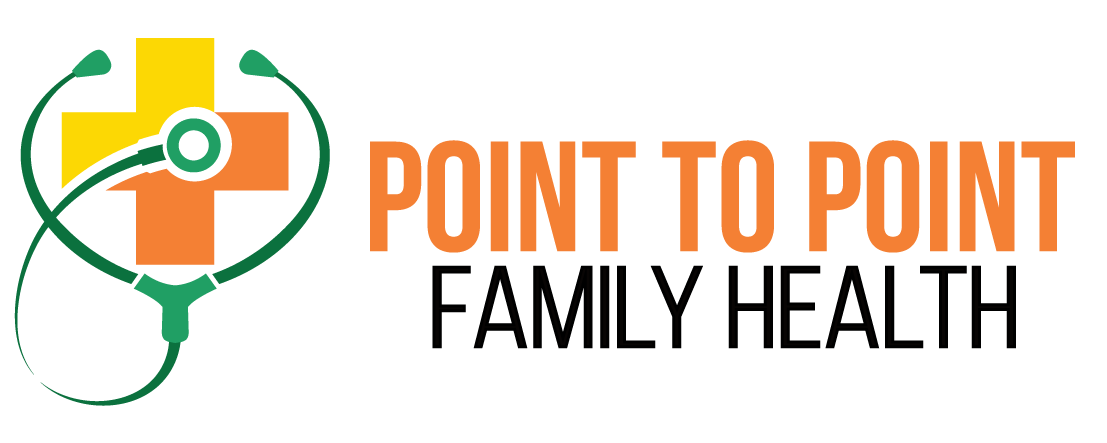Annual Physical

Regular check-ups and annual physicals are important because early detection can prevent complications. Illness is not always self-noticeable. Below are a few things your doctor may check:
- Depression: Low mood can negatively impact your daily life, quality of thoughts
- Blood sugar for prediabetes: 1 in 3 Americans have prediabetes, and 80% don’t know it. Early detection prevents progression to Type 2 Diabetes.
- Blood pressure: High blood pressure raises your risk of heart disease
- Medications: Certain medications may need to be reviewed or changed
- Family history: This May indicate that you need certain screening tests sooner
For seniors who have Medicare, an additional annual wellness exam is fully covered by your insurance. This will include:
- Health Screenings: A thorough assessment to determine if there are any additional health screenings to consider or if you are at risk for any health concerns
- Home Life: A review of your home life to ensure you have all the tools you need to live each day comfortably
- Care Plan: Personalized advice and creation of a care plan for the year ahead
What is an Annual Physical?
An annual physical or annual physical exam is basically a yearly visit to your doctor to make sure that your overall health is okay and you don’t have any medical problems that you are unaware of. While most healthy adults are not necessarily required to have an annual physical, those who have a complex medical history or even those who just want to feel assured of their health can benefit from this type of exam and prevent future health problems.
Below are some of the main purpose of an annual physical:
- As primary prevention
- To identify risk factors for common chronic diseases
- To detect a disease that has no apparent symptom
- As a mean for the doctor to counsel patients to promote healthy habits
- To update clinical data
- To update vaccinations
- To enhance relationship between you and your doctor
Your annual physical is also a good opportunity for you to discuss with your doctor about any problems or symptoms you are experiencing. This is also a good chance to bring up your questions or concerns regarding some of your medications including birth control, vitamins, and more.
Highlights of an Annual Physical
During you annual physical, your doctor will ask you several questions and provide counsel regarding your medical history and lifestyle choices such as smoking habits, alcohol intake, sexual health, diet, and exercise. Depending on how thorough your doctor is, you will also undergo a series of routine medical procedures.
These medical procedures are done to check the following:
- Vital signs– Including your blood pressure, heart rate, respiration rate, and temperature
- General appearance– This includes the way your skin looks, your posture, as well as memory and other mental acuity
- Heart and lung exam– your doctor uses a stethoscope to listen if your heartbeat is regular and if your lungs are clear
- Head and neck exam– The doctor checks your ears, nose, sinuses, lymph nodes, thyroid, as well as your throat and tonsils
- Abdominal exam– This is done to detect liver size, tenderness, and presence of abdominal fluid
Some doctors may also include some laboratory tests including a complete blood count, chemistry panel, and urinalysis. If you are a male patient, you may also undergo a testicular exam, hernia exam, penis exam, and even a prostate exam, especially for men who are over 40 years old. For women patients, your annual physical may include a breast exam as well as a pelvic exam that requires you to get a Pap test and HPV test.
If you consider yourself healthy and do not have any pressing medical condition, getting an annual physical exam is a personal choice. Just make sure that you not only see your doctor when you are experiencing a problem or some kind of symptom. As they say, prevention is always better than cure.
